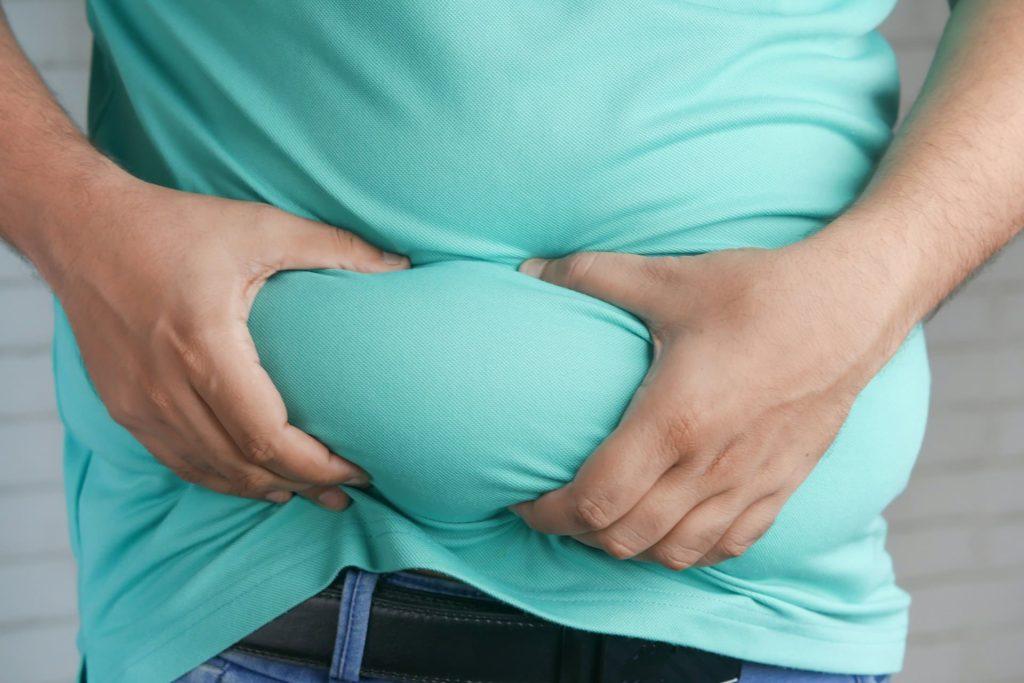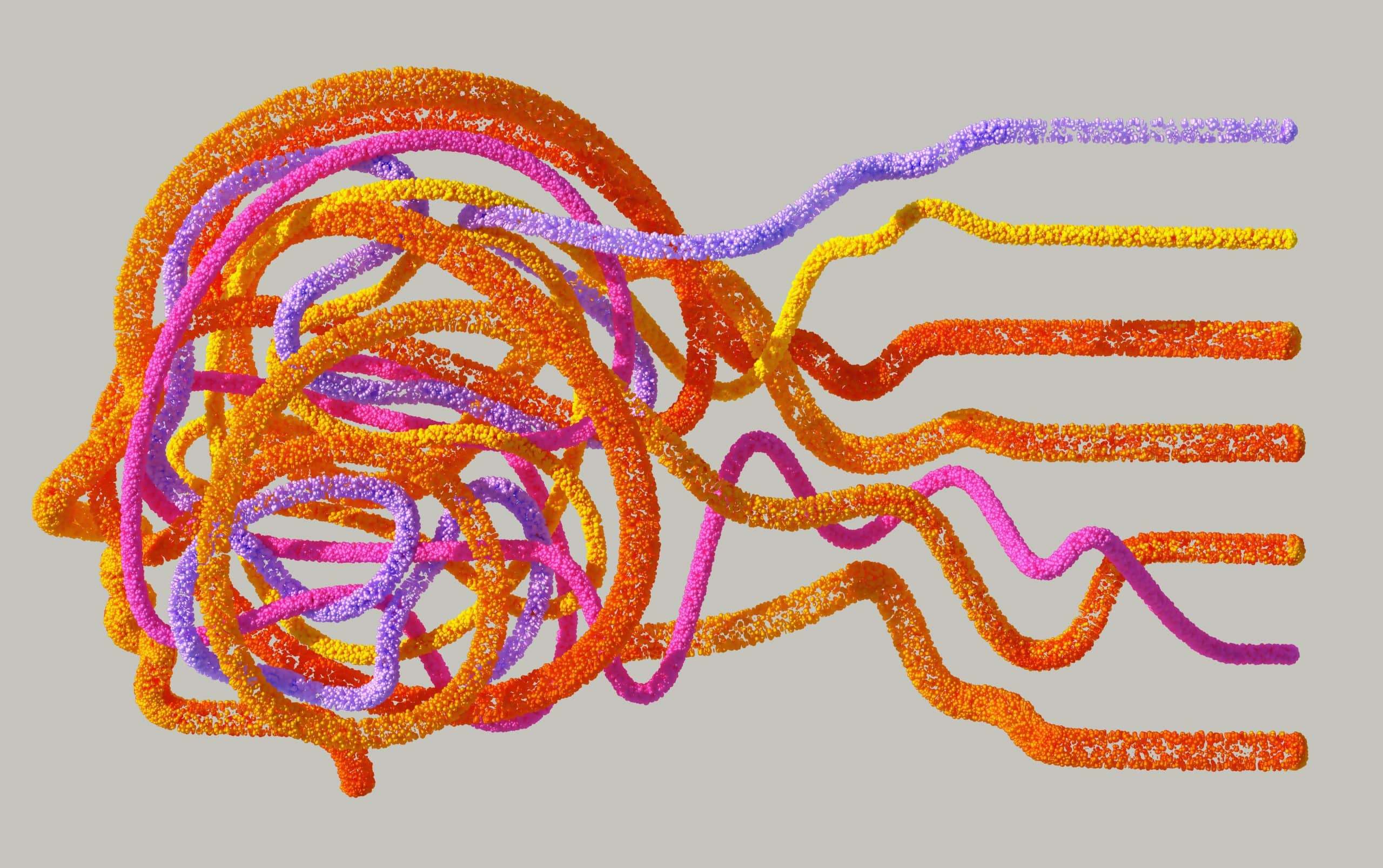Losing weight can be easy when you know how it works and what really helps. Unfortunately, we live in a time where supplements, diets, and programs are promoted to the point where people do not know what to believe anymore. You jump from one diet to the next, only to pick up any weight you lost over and over again. People are constantly looking for that one secret that will help them lose weight and keep it off, and the truth is, it all lies in your calorie balance. In this article, you will learn how calorie restriction is the only thing you really need to lose weight effectively.
Caloric Deficit, Balance, and Surplus
How many calories you eat versus the amount you burn throughout a day is something that will have an impact on whether you gain, maintain, or lose weight. The truth is, while many people are looking for the secrets to losing weight, there aren’t really. The one thing you need to understand is that, to lose weight successfully, you must be in a calorie deficit.
What this means is you eat fewer calories than you burn. You can take weight loss supplements and even follow special programs, but if your body is not in a calorie deficit, you will not see a reduction in your weight. Let us take a moment to look at what a calorie deficit, balance, and surplus mean, and when you should incorporate each:
- Calorie deficit: This is what you want if you are trying to lose weight. You calculate your daily energy expenditure, then make sure you eat fewer calories than that. If you burn around 2,000 calories a day, you could decide to plan out your meals so that you eat about 1,500 calories.
- Calorie Balance: When you reach your ideal or goal weight, you want to maintain the effort you put into losing weight. This is where a calorie balance comes into the picture. You close any gaps that exist between your calorie expenditure and consumption. If you burn 2,000 calories a day, then your diet should also include more or less this amount.
- Calorie Surplus: Eating more calories than you burn every day puts you at a surplus. This is one of the most common reasons people gain weight and end up obese.
Losing Weight With a Calorie Deficit Diet

We established the important role of a calorie deficit. The question now is, how do you implement this into your life? There are already many programs that focus on helping to reduce your calorie intake. These can help, but it is also important to take a highly personalized approach. Every person is unique. You need to take a look at what you usually eat. Analyze your diet and, when you have this data available, compare it to how active you are.
This can help you establish a baseline. Now, you can see that you need to cut back a certain number of calories for weight loss to be possible. You also need to take your resting metabolic rate into the equation. Assume you burn around 1,500 calories on a daily basis. You could then reduce your calorie intake to about 1,200.
When it comes to losing weight with a calorie-deficit diet, your safety and well-being should always be a priority. You could also consider consulting with a dietitian if you need some help setting up your diet. This means setting up a balanced meal plan that caters to your ideal daily calorie intake. If you find that you need to restrict your calories too much, then it might be a good idea to look into an exercise program. This increases your calorie expenditure, which allows you to add more healthy foods to your diet while still losing weight. There are even exercises you can do at home with no equipment needed.










